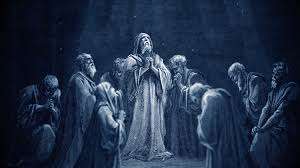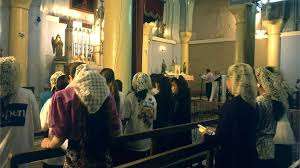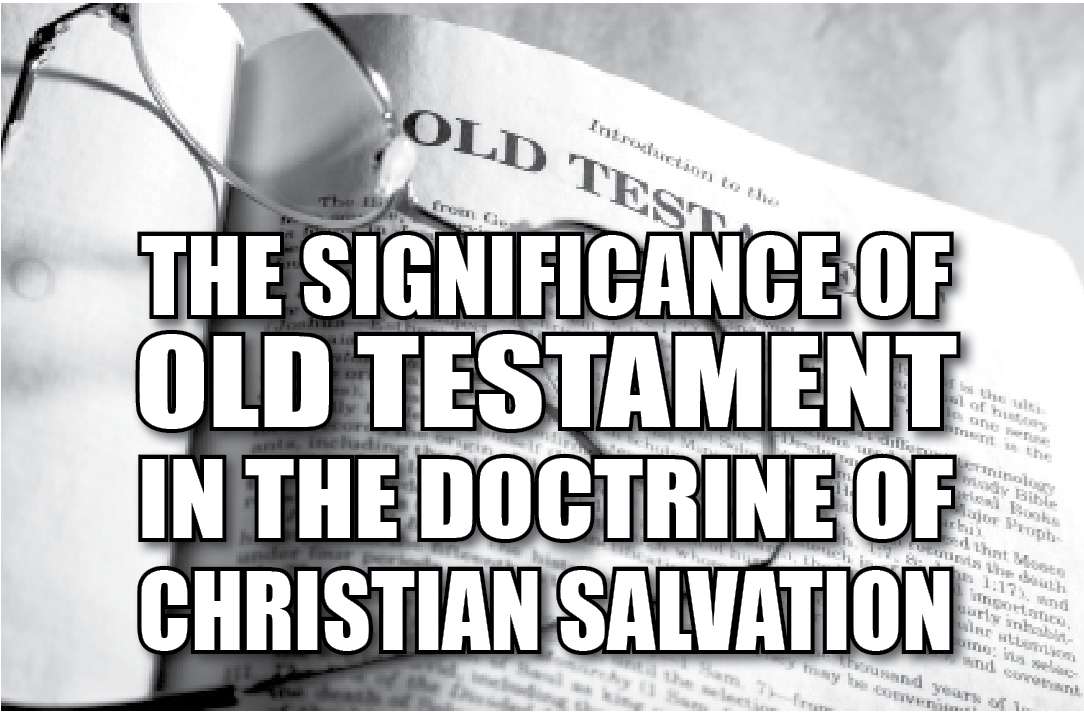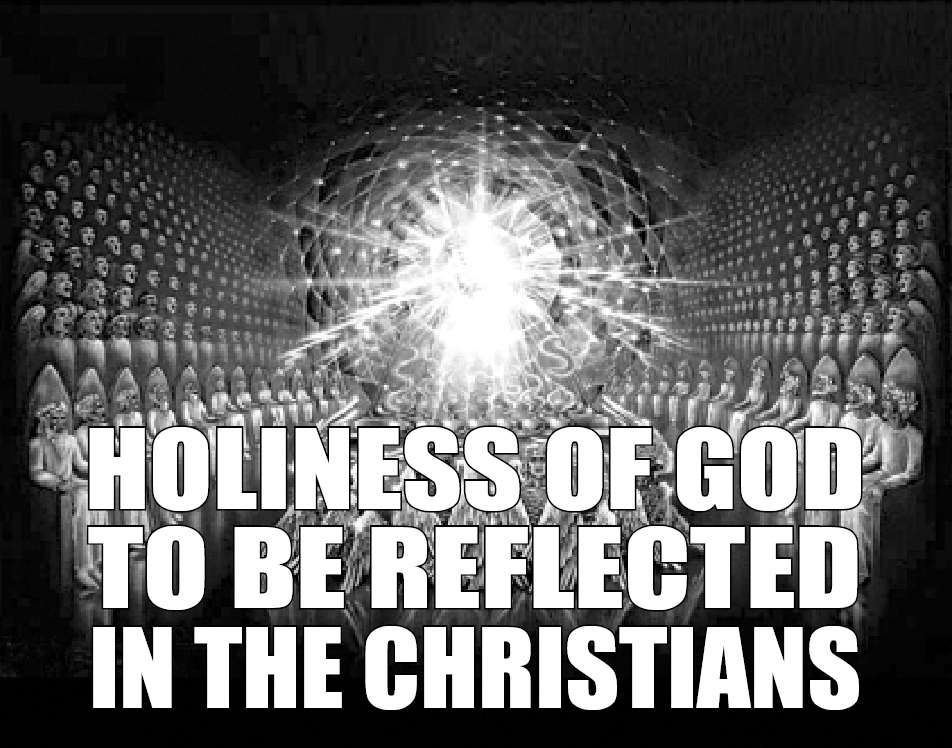

Pentecost and the Apostolic Period
Pr. P. T. Thomas
Considering the possible mind-set of the people in Jerusalem at the time, one may conclude that a spectacular event was imperative to mark the advent of the Holy Spirit on the day of Pentecost. To the people of the day, Jesus of Nazareth was a condemned criminal publicly crucified. Before the authorities He seemed to stand as a helpless victim. To accept Him as Lord, God and Saviour was nothing short of teasing one’s reasoning ability.
At the same time the unnatural darkness that covered the land for three long hours starting at the noon-tide, the earthquake, the split rocks, the open tombs and all such miraculous happenings could not be easily forgotten by the people. The awe-inspiring reports about the resurrection, the post-resurrection appearances, the reality of the empty tomb–all these caused a sense of amazement among the people. The false reports of the disciples stealing the body and the fear of the people in authority added to the confusion in the public mind. The seven weeks that passed by could not fade the memory of the people. They had reached Jerusalem from far and near for the feast of Passover and would return only after the feast of Pentecost. They were all pious, godly people earnestly seeking to please God. Now they were left confused and bewildered. Something supernatural was needed to settle their perplexed minds and find comfort in the truth. So, the wonderful events on the day of Pentecost was a need, or rather a necessity to confirm the truth. And the caring God did not fail them.
Miracles are Signs
Divine miracles were nothing new to the Israelites, their exodus from Egyptian slavery was effected by miracles. Miracles marked every step of their journey to the Promised Land. Their religious feasts were commemorative festivals of the miracles they witnessed and experienced as a nation. They expected divine miracles to confirm the presence and dealings of God. Following the supernatural events on the day of Pentecost, miracles continued to take place at the hands of the apostles.
The miracles Jesus performed were not an end in themselves, they are signs. A sign has a message. It points to something more important. Jesus Himself has said: “The miracles I do in my Father’s name speak for me” (John 10:25) Jesus did miracles not for the sake of doing them. They were meant to assist the understanding of the people to know who Jesus is and what He has come for nevertheless, the people failed to grasp the true message of the miracles. They were interested only in the material gain accorded by them.
When Jesus fed the multitude numbering several thousands - from five loaves and two fishes, He wanted them to recognize Him as the bread of life. The next day people came seeking for Jesus. When they heard that Jesus had gone to the opposite shore of the sea of Galilee, they themselves crossed the sea and found Him there. Seeing the eagerness of the people in seeking Him, Jesus said: “Truly, truly, I say to you, you are seeking me not because you saw signs, but because you ate your fill of the loaves” (John 6:26). Even today miracles from God are signs; they are pregnant with divine messages. Unfortunately, people are not interested in the message, but only in the material gain they can garner from the miracles.
Miracles Confirms the Word of God
“So, faith comes from hearing and hearing through the word of Christ” Rom. 10:17. ‘Aren’t miracles a more effective means to cultivate faith than the preached word?’ One may ask. Here the Word of God presents the preached word as the means to faith then what is the role of miracles? They confirm the preached word. The word of Christ is the message of salvation. Most of the miracles take place in the material realm. They bring physical healing or material comfort. Such gains are temporary and relate to the short physical life. If one believes through such miracles, it is very unlikely that his faith will lead to salvation from sin and eternal life. Miracles happening in the material realm may persuade one to believe in God for material gains and comfortable physical life. Only the word of Christ can lead one to faith and salvation. Miracles are meant only to confirm the spoken word of Christ, the savior.
In Capernaum, four people carried a paralytic man on a bed intending to take him to Jesus. But the crowd was so big that they couldn’t get anywhere near the Lord. No obstacle could dissuade them from their decision. They climbed to the roof of the house and made an opening wide enough for a bed to be lowered through with a man lying on it. Using ropes laid to the four corners they lowered the bed with the paralytic right in front of Jesus. Seeing this adventurous feat of faith Jesus said to the paralytic, ‘Son, your sins are forgiven’ the religious leaders present there thought that as it was blaspheming God is the only one who has authority to forgive sins. The omniscient Lord knew their thoughts and asked them: ‘Which is easier?’ to say to the paralytic, ‘Your sins are forgiven’ or to say ‘get up, take your bed and walk’. As they remained silent, Jesus said, “But that you may know that the Son of Man has authority to forgive sins”. Then turning to the paralytic Jesus said, ‘I tell you, get up take you bed and go home’. He got up took his bed and walked out (Mark 2:1–12). The miraculous healing was to confirm the spoken word. The more important need of the paralytic was forgiveness of his sins. Physical healing was secondary. It was only to confirm the word that gave him forgiveness of sins. Miracles are only to confirm the Word of Christ – the word of salvation and eternal life.
The Apostolic Period
The ministry of the apostles was only the continuation of what Jesus did during His public ministry. The day of Pentecost saw the manifest commissioning of the apostles to carry on the ministry of the Lord. It was an open witness to everyone that the risen Lord is returning through them by the Holy Spirit. The happenings on the day of Pentecost can be described as an open investiture ceremony of the apostles. The miracles they performed confirmed their apostolic authority. It was needed for the establishment of the Church. The case of Ananias and Sapphira was another milestone to confirm the apostolic ministry conferred on the disciples. As thousands were gathering and the number kept steadily growing, someone had to be in a place of authority and responsibility. The Holy Spirit placed the apostles in such a position. The miracles attested their leadership. It was the need of the day.
The Dispensation of Grace
The dispensation of Grace can also be called the age of the church. The Bible presents it as the end times as well. It is one unit of time. The ministry of the Holy Spirit is the same during this age starting with the day of Pentecost stretching till the advent of the Lord to gather the church. So, all the gifts of the Holy Spirit manifested in the apostolic days are there even today. The days of miracles are not over. While waiting for the coming of the Lord, the church is an organized organism. All the five-fold ministries in the church are relevant even today.























